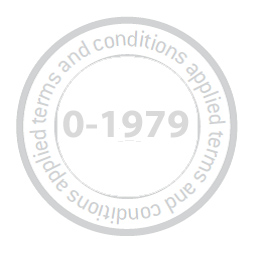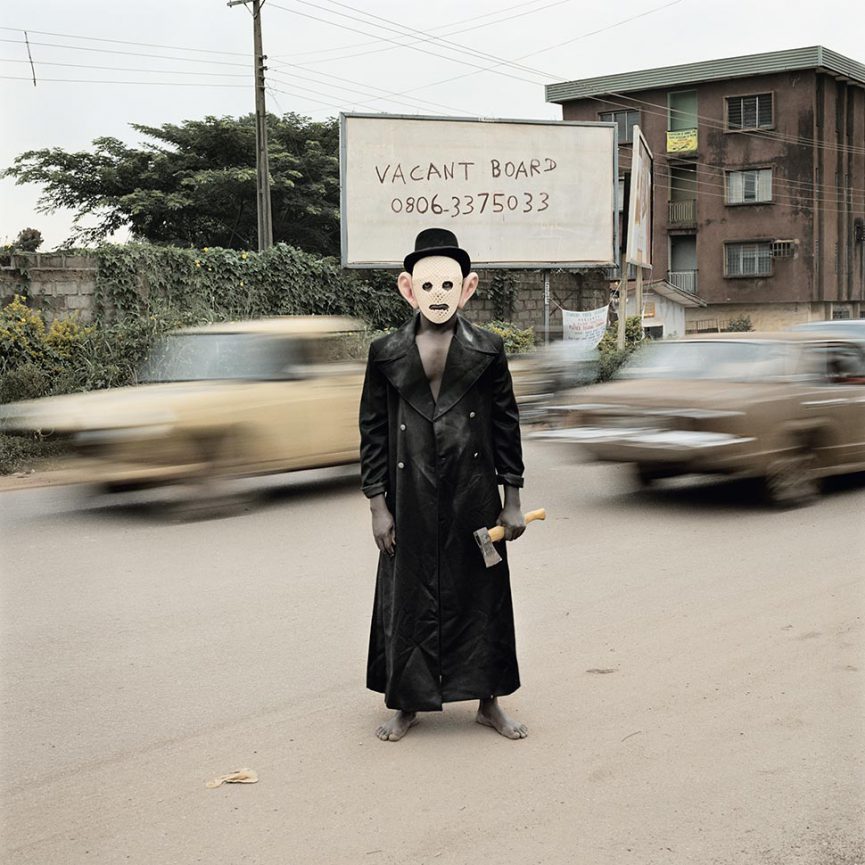Escape, it’s all about escape. But can we escape? Are we prisoners of our personal histories, the wider histories of those around us and the mythologies that allow a civilization to function. The ancient promise of a timeless paradise plays on our minds, but here time is all we know. It is time itself that gives us the sense that we are moving somewhere, waiting for something to happen. We wait lifetimes here for things to happen.
We know the sun, it is familiar to us. It marks time, reminds us of its cycles, arcing itself across the sky every day of our lives. The landscape leans on our senses. Though we walk and walk, we feel our bodies weighted, rooted to the earth. We know ourselves to be of the same stuff as this ground, this greenery, this solid surface. Green is the colour of movement, time, and of our short lives blooming on the mountain slopes.
Purgatory is an island, a sea-level microcosm pitching itself toward the reaches of a vast sky-scape. The physical aspires to the metaphysical and fantasises the ethereal, reaching beyond itself to the reaches of human dreams and imaginings, but in the blunt daylight only really knowing the weight of its own rocks and feeling the convex materiality of its mountain peaks. This island is our only object, its firm presence in time and space the only thing we can be sure of. Here we can remember, the familiar geography signifying our lives to our minds and bodies. Here is the archetype of existence, and here we exist.
We have sculpted a mountain with our circling feet and sculpted a history with our memories. This peculiar island rock, alone on one stretch of ocean, is our life paradigm. How we exist here is all we know about how to exist at all. Here is an Alcatraz of the soul. We are all here in purgatory projecting our memories. This is our condition as far as time allows us to remember. We are waiting for something else, dreaming of another dimension, another colour, but our dreams are limited. This something else is beyond our comprehension. We can only crane our necks, look up, and move in steepening circles along the mountain paths.
We are somewhat at home in our isolation, tribal in our habits, unquestioning of our patterns of life that we follow like water through veined rock or ravines or valleys. They are our familial birth gifts that we accept with formulaic ease. We move through them, collectively, as particles in a liquid rush, toward the river of ultimate oblivion.
This issue is the third in our reinterpretation of Dante’s Divine Comedy. Of course we end with Purgatory. This issue is in conjunction with the ‘I Will Go There, Take Me Home’ Exhibition curated by Gregory McCartney as part of the MAC’s, Belfast Guest Curator Programme.
A free PDF version can be found at: http://abridgedonline.com/abridged-0-40-take-me-home/

